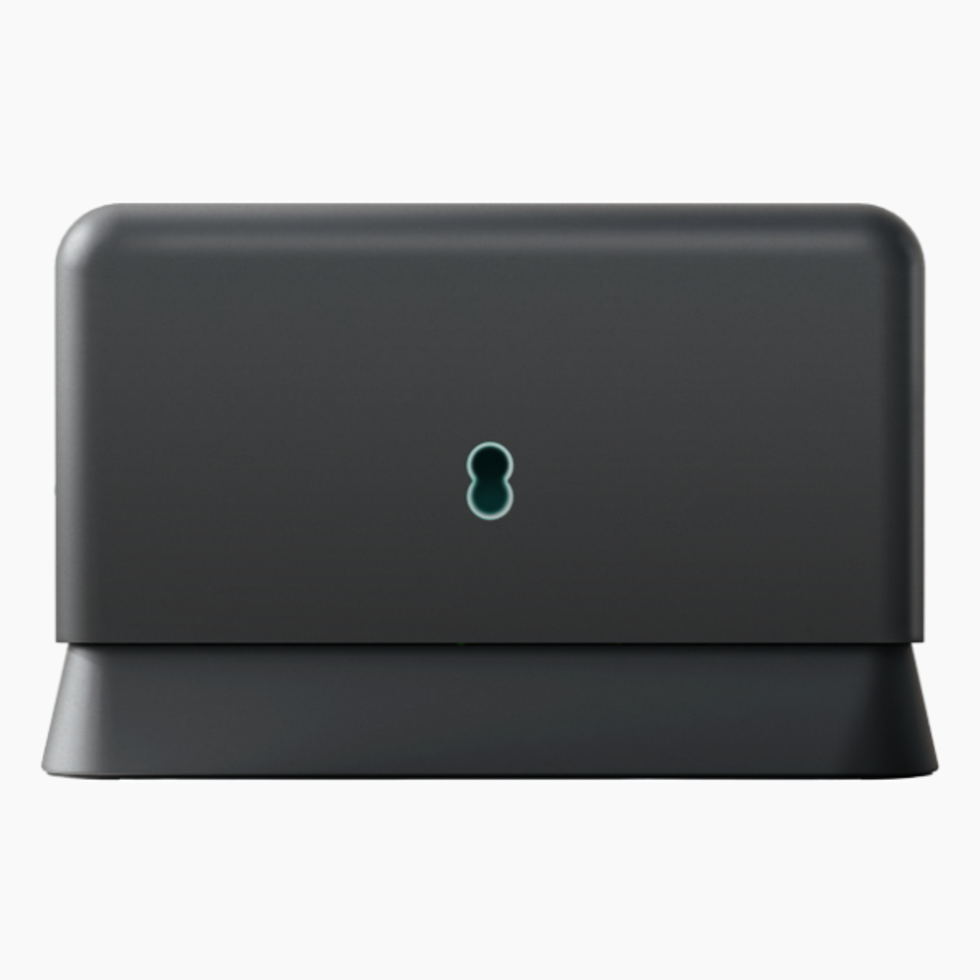EE is offering broadband for £0 for the next three months. Full-fibre internet offers faster download speeds and more reliable connections, perfect to stream live television in 4K Ultra HD, wireless web browsing, play video games
EE PRESS OFFICE

All products and promotions are independently selected by our experts. To help us provide free impartial advice, we will earn an affiliate commission if you buy something. Click here to learn more
Community Fibre has cut the cost of its broadband plans, but EE has gone one step further and abolished monthly bills completely
Don't Miss
Most Read
Trending on GB News
If you're struggling with slow broadband and want to switch to something new, there are some incredible offers available.
Community Fibre — a full-fibre internet firm that's attempting to challenge established suppliers like BT and Virgin Media across the capital city — has cut its 500Mbps download speeds to just £20 per month. Available until October 21, Community Fibre has also removed its set-up fees and will freeze monthly bills throughout the 24-month contract period, something that isn't the case for most of its competitors.
Unlocking the same 500Mbps download speeds with Virgin Media totals £1,026 over 24 months. In contrast, Community Fibre will cost just £480 over the same period — saving broadband users as much as £546.
But EE has decided to take things one step further and is offering free broadband until Christmas.
Yes, really. The BT-owned brand will charge customers £0 for a full-fibre broadband connection for the first three months of a new contract. That means you'll pay nothing until late December.
Switch to EE and avoid broadband bills until Christmas

EE can cut your broadband bills to £0 for three months. Yes, really.
Upgrade to EE full-fibre broadband
$33.99
$0.00
Even better, if you're still tied to an existing broadband contract, EE will pay up to £300 towards early exit fees, so you can make the jump and enjoy the free internet offer before it expires. EE isn't alone in offering to pay fines for leaving your contract, with Vodafone offering £100 at the moment.
To qualify for free EE broadband, you'll need to sign-up for one of its full-fibre broadband packages.

EE uses Openreach cables, like BT and Sky Broadband. If you're able to connect to full-fibre speeds with any of these brands, you'll be able to switch to EE to qualify to the three months of free internet
EE PRESS OFFICE
Starting from £33.99 for its Full Fibre 150 Essentials, this unlocks speeds of 149Mbps with guaranteed downloads of 100Mbps. If EE can't meet that speed in your home within 30 days, you'll be able to leave your contract with no penalty fees.
EE Full Fibre 500 Essentials also qualifies for the free broadband offer, so you'll avoid any bills until the final few days of 2024. When the monthly charges do start, EE will charge £39.99 for these speeds.
For an extra £10, you can upgrade to the EE's all-new Wi-Fi 7 router — offering the fastest wireless speeds of any nationwide broadband supplier in the UK. Since these deals only apply to EE's full-fibre broadband, there's no need to take out a home phone as part of the contract unless you explicitly want to.
Fibre-optic cables deliver faster download and upload speeds, as well as improved reliability compared to traditional internet services. Connections are less likely to be disrupted by bad weather conditions, and you won't see speeds dip at peak times, when all of your neighbours are trying to stream a boxset at the same time.
According to figures published by Ofcom, the average home broadband speed in the UK sits at roughly 69Mbps. If you upgrade to any of the 500Mbps full-fibre plans listed above, you'll enjoy 7x faster download speeds — meaning you can stream high-quality video, back-up photos to the cloud, download software updates, and make video calls with friends and family anywhere in the world without any buffering.
If you're unsure about what broadband speed you need in your home. We've put together the average download speeds for an hour-long television show episode in Standard Definition (SD), roughly 450MB in size.
- 69Mbps, the average broadband speed in the UK: 56 seconds
- 150Mbps, the lowest speed available with most full-fibre packages: 24 seconds
- 500Mbps, widely available from all full-fibre providers: 7 seconds
- 1Gbps (or 1,000Mbps) is not available from all broadband companies: 4 seconds
Broadband connections are being slowly upgraded across the UK. Openreach is reaching around 60,000 new premises every week and published plans to deliver full-fibre in another 142 locations, covering around 1.4 million homes and businesses, including in some of the hardest-to-reach, most rural communities.
LATEST DEVELOPMENTS
- Sky Glass and Sky Stream viewers unlock 8,500 hours of new shows
- WhatsApp shake-up lets you send messages to people who don't use WhatsApp
- Best VPN deals
- iPhone 16 only released two days ago, but Sky already has a HALF PRICE deal
Some of the biggest broadband providers in the UK rely on infrastructure from Openreach, including BT, EE, Sky, TalkTalk, and Plusnet. If you're able to access gigabit-capable broadband from any of these companies, you should be able to maintain those speeds when you switch to another.
But not every broadband brand relies on Openreach. Virgin Media maintains its own dedicated fibre network, which offers download speeds of up to 1,130Mbps to roughly 15 million homes, plus there are a number of other smaller brands building their own infrastructure to connect to customers directly, including Community Fibre, HyperOptic, and G.Network.







